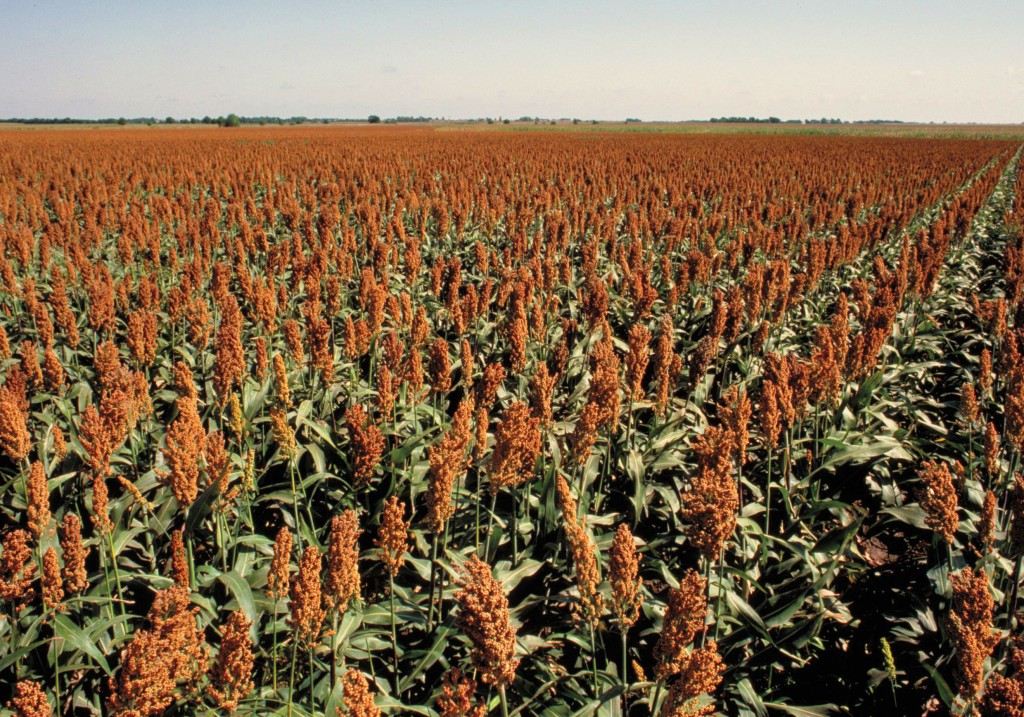The HudsonAlpha Genome Sequencing Center transitioned last fall from Stanford University to Alabama. Under the management of HudsonAlpha Faculty Investigators Jane Grimwood, Ph.D., and Jeremy Schmutz, this group of about 30 laboratory and computational staff continues to generate genome sequence data and create resources for researchers worldwide.
Through funding from the Department of Energy, the Genome Center is a partner in the Joint Genome Institute, a virtual organization with laboratories throughout the United States. The primary focus of current research is in the field of bioenergy, supporting DOE initiatives related to clean energy generation. Sequence data produced at HudsonAlpha will be applied to the problem of reducing the U.S. dependency on imported oil by improving biomass yield and the efficiencies of processes used to convert plant materials into liquid fuels.
Through its sequencing work, the HudsonAlpha GSC is also building a foundation for further genomic and functional research in plants, fungi and algal species. They specialize in the difficult work of taking draft or shotgun genome sequences and improving them, making complete and accurate reference genomes freely available for the entire scientific world to use.
Some examples of recent work by the HudsonAlpha Genome Sequencing Center:
 The Phaeodactylum genome: These microscopic algae, called diatoms, are champions at storing carbon for thousands of years on the floor of the ocean. They thus may yield a way to remediate damage from burning fossil fuels.
The Phaeodactylum genome: These microscopic algae, called diatoms, are champions at storing carbon for thousands of years on the floor of the ocean. They thus may yield a way to remediate damage from burning fossil fuels.
 The genome of Sorghum bicolor: Sorghum is a tropical grass which serves as a vital food crop for at least 500 million people worldwide. It’s also related to one of the world’s most noxious weeds, so the genome sequence will yield information on how to use weed biology to treat these pests.
The genome of Sorghum bicolor: Sorghum is a tropical grass which serves as a vital food crop for at least 500 million people worldwide. It’s also related to one of the world’s most noxious weeds, so the genome sequence will yield information on how to use weed biology to treat these pests.
 The genome of soybean (Glycine max): Soybean seeds are the world’s main source of vegetable protein and oil, and the crop is grown in almost all Alabama counties. Soybean is also the primary source of biodiesel fuel. Having the genome sequence of soybean should help scientists create more productive crops for food, industrial applications, and fuel use.
The genome of soybean (Glycine max): Soybean seeds are the world’s main source of vegetable protein and oil, and the crop is grown in almost all Alabama counties. Soybean is also the primary source of biodiesel fuel. Having the genome sequence of soybean should help scientists create more productive crops for food, industrial applications, and fuel use.


